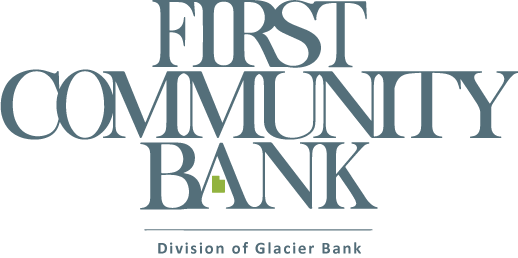Fraud and How to Protect Yourself
By Mike Padovich| Published April 12, 2023
I’m sure you or someone you know have been a victim of one form of fraud. What is fraud? Fraud involves the false representation of facts, whether by intentionally withholding important information or providing false statements to another party for the specific purpose of gaining something that may not have been provided without the deception. Or in more simple terms- someone attempts to scam money or personal information from you.
Here are a few examples of fraud that is happening in our world today:
- Unexpected charges appear on your bank accounts or credit cards.
- You are asked to verify your personal information over the phone by unknown callers.
- You receive a check in the mail you were not expecting.
- You sell something and receive a check for more than the selling price and are expected to return the excess money back to the buyer.
- You receive a phone call demanding payment to get a loved one out of jail.
- You receive a phone call from the IRS demanding payment for back taxes.
- You are threatened with dire consequences if you do not do as the person asks.
- You receive an email that is off just enough to make you question it.
- You are asked to pay for something in something other than money (gift cards, wire transfers, or cryptocurrency)
- Something is too good to be true.
The best way to protect from fraud is to always be on alert and think through everything before you act.
Here are some other ways to protect yourself:
- It might be beneficial to get a second opinion. Ask someone you trust or your financial institution. v
- Never send money to anyone you don’t trust.
- Never open an email that is not familiar or looks off.
- Always log on to a website directly rather than clicking on links in an email.
- Be suspicious of anything that too good to be true.
- Nothing is free. There is always a catch.
- If you have been scammed or discover one, report it.
Fraud can be scary but there are ways to protect yourself and your loved ones. Continue to discuss and recognize new and current scams. Remember that too good to be true is too good to be true! Check out additional resources in our Security Center.
 Mike Padovich | SVP Business Development Officer
Mike Padovich | SVP Business Development Officer
Mike is a master at creating relationships with individuals and businesses and has been a key player in helping many businesses in northern Utah achieve their financial dreams.
